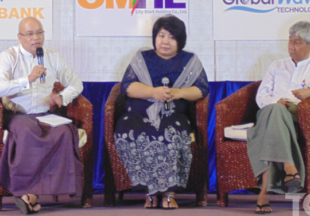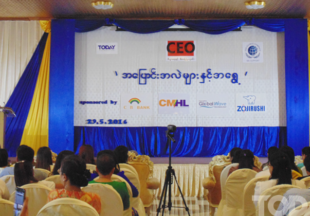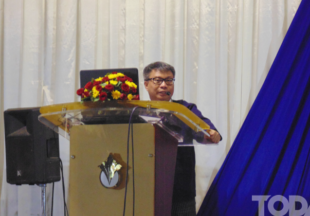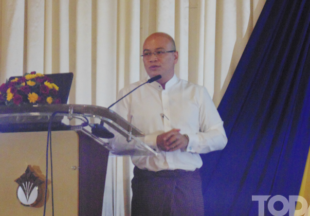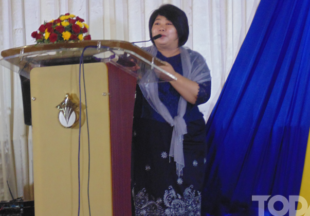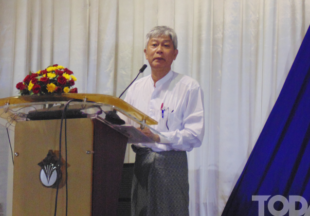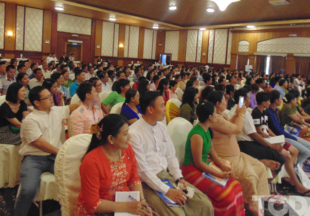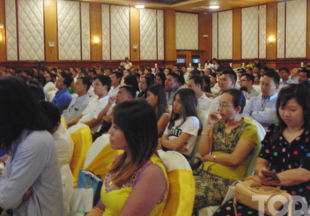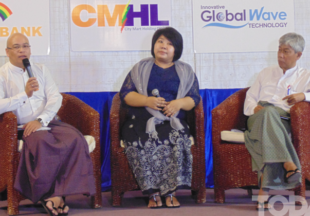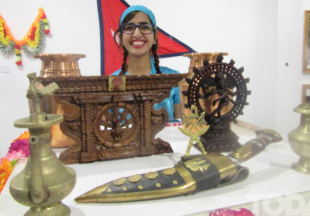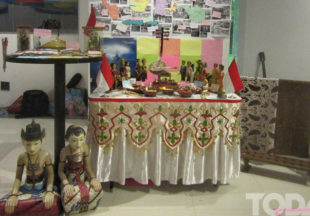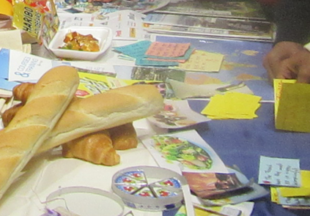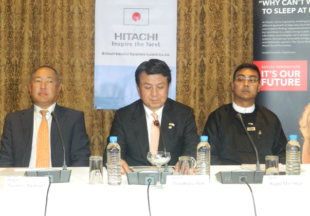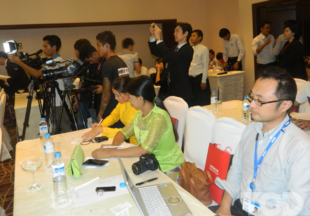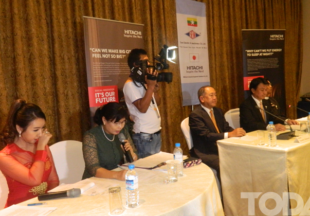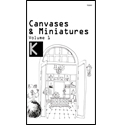Myanmar Companies and Second Generation
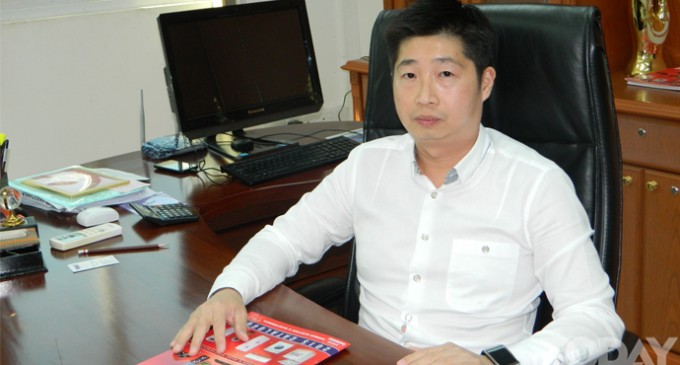
Throughout the world, there is the ongoing existence of family-owned companies which have endured and flourished for years and years. Also in those well-known companies which have gone public, family members still hold the reins or the same families influence the decision-making of the companies to a certain limit. In the world-famous Ford automobile company, William Clay Ford, the grandson of company founder Henry Ford, assumed the duties of CEO and Chairperson and is currently acting as Executive Chairman. In Asia, among the most successful second generation entrepreneurs who inherited their fathers’ businesses is Lee Kun-hee, Chairman of Samsung Group. According to Businessweek magazine, the income generated by Samsung Group amounts to 17% of South Korea’s GDP.
In Myanmar, the majority of businesses are family-owned. The second generation individuals of some of these family-owned businesses who have taken charge of their respective companies have been approached and interviewed by us and their views on how to maintain and develop their business, how they retain the good legacy handed down by the founder, and how they handle the changes and challenges, are featured in this story.
Dr. Aung Thein
Managing Director,
Nibban Electric and Electronics
This business was started by my father U Thein Kyi in 1972 as Shwe Baho Industry. So from 1972 to 2000 were the years of the first generation. I took responsibility after 2000 and developed the business stage by stage to Small and Medium Enterprise. Therefore, modernized systems, business environment, management styles, business size , etc., all have been changed from those of the years prior to 2000. From what I have learned abroad, after 2000, business management will take the form of international management system so to be in line with the times, I acquired ISO certification. And to be able to expand the business to ASEAN environ-ment, the name was changed to Nibban Electric and Electronics. Because we give priority to market requirements and customer demands, our company received the ASEAN Engineering Talent Award in 2014.
At the time, because AFTA was to be introduced soon, to be able to stand firm in the market, not only did we have to focus on domestic demand but also on ASEAN competi-tion. Therefore we improved our Marketing, Branding, Advertising and Promotion and also, to meet the rising demand, we made efforts to increase productivity and quality. And to be able to reduce the prices and be steadfast in the market, we changed the relevant strategies.
Since the 21st century is the Information Age, business entrepreneurs have to study all aspects related to their trade. Furthermore, Myanmar is shifting gradually into Globaliza-tion so we have to keep updating our knowledge. That is why in the Second Generation business leaders are educated and knowledgeable youth.
From my father who is the founder as well as my role model, honesty and endeavour have been fostered in me. And since the age of ten, whenever I had no school, father took me along to the market or to the factory so I was not unfamiliar with the workplace. Because I was knowledgeable about the nature of factory work, when I finished school, I could easily took command of the company business.

When you are in a business, you cannot stand alone. I had to maintain the founder’s business network and when I became AEC, for the business to survive and to reach out to ASEAN area, the scope of our work had to be expanded. We also had to promote our social, religious and welfare activities on all fronts. When you are in a business, it’s not fitting to be always on the defensive side so while defending, you also have to prepare for an offensive if and when the work should be at an advantage.
There are no special measures for balancing between old and new staff but we had to let go of some who couldn’t accept change and who were not happy with someone superceding them.
We had to take time to build up this business and make relevant and gradual changes stage by stage and there have been many. Myanmar became ASEAN member country in 1997. When we learned that taxes would be reduced in 2015, if we didn’t prepare ahead for AEC, we would be lagging behind and we could even disappear from the scene. So we had to face the question whether to make changes and face the challenge or be left behind. I myself was eager for change and I asked my staff if we were to try and change to face the challenge or be left behind. They opted for change so we laid down plans for change. While implementing the change, there were advantages and disadvantages but in the end, we could grasp success and a good future.
From the very beginning, we started this business not only with an eye on success and profit but also to meet market demand, customer demand and also to offer reasonable prices to the users and make them happy. And in doing this, our business gradually became a successful one.
Translated by Mra Hninzi
./wp-content/uploads/2018/10/Emirate-Online-TDY.png)




